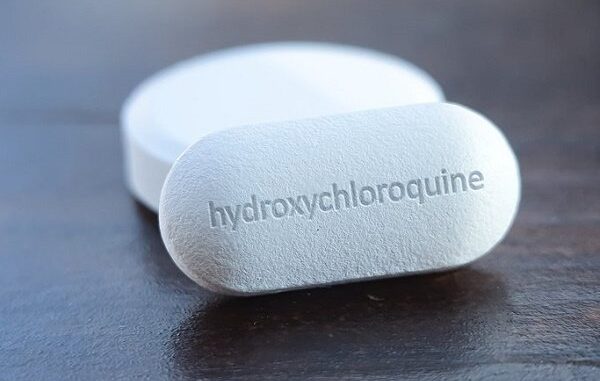
COVID-19 patients given hydroxychloroquine, an anti-malaria drug touted by President Donald Trump as a potential treatment for the novel coronavirus, did not witness any significant improvement in recovering from the virus, two new studies have claimed.
According to the studies published in British Medical Journal (BMJ) on Thursday, the malaria drug did not have much impact in the treatment of the virus as widely suggested in some quarters.
One of the studies, a randomised, controlled trial of 150 patients with mild to moderate COVID-19 was done in China. Findings from the study showed that patients using hydroxychloroquine did not get better faster than those not treated with the drug.
In the second — an observational study conducted in France — the researchers used four French tertiary care centres providing care to patients with COVID-19 pneumonia between March 12 and 31.
They also used 181 patients aged 18-80 years with documented severe acute respiratory syndrome coronavirus 2 (SARS-CoV-2) pneumonia who required oxygen but not intensive care.
The study also found that that hydroxychloroquine did not significantly reduce admission to intensive care or death in patients hospitalised with COVID-19 pneumonia who required oxygen.
“Hydroxychloroquine has received worldwide attention as a potential treatment for covid-19 because of positive results from small studies. However, the results of this study do not support its use in patients admitted to hospital with covid-19 who require oxygen,” the study said.
The studies come against backdrop of rising demand for the malaria drug after Trump had suggested its use alongside chloroquine for the treatment of the killer virus — without scientific backing.
The US Food and Drug Administration (FDA) had in March directed emergency use of the malaria drugs for the treatment of COVID-19, days after Trump’s comment.
END

Be the first to comment